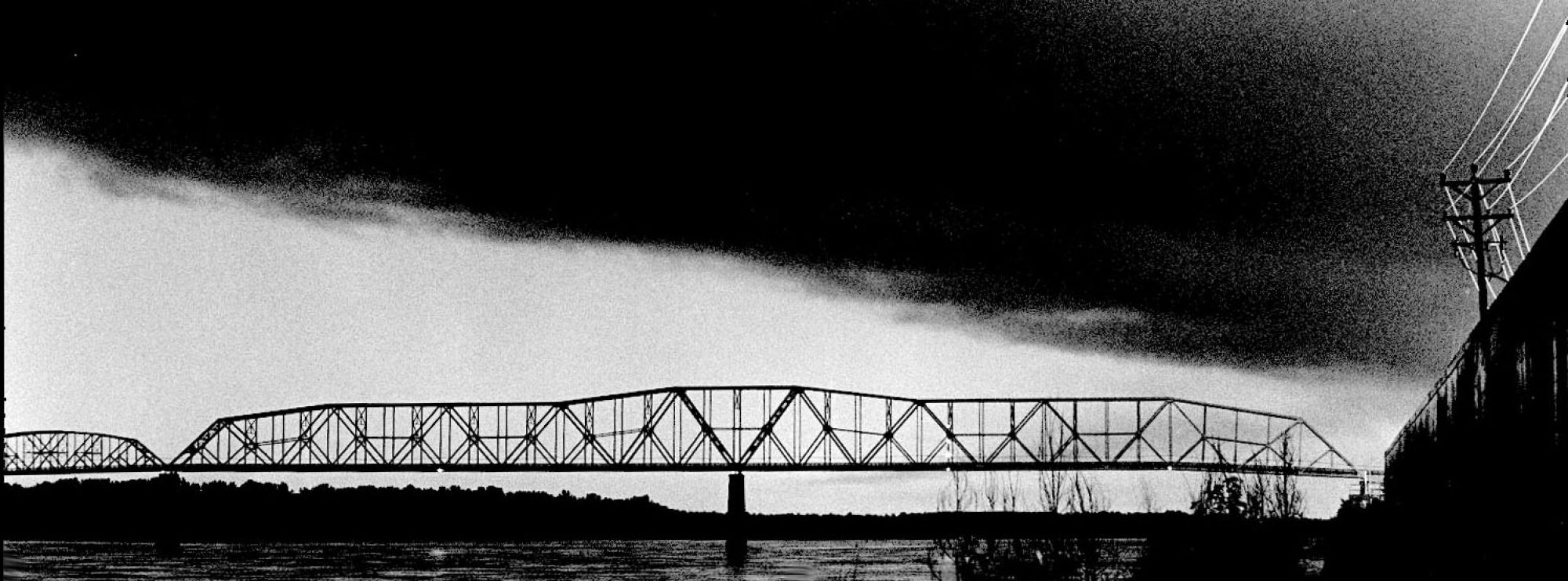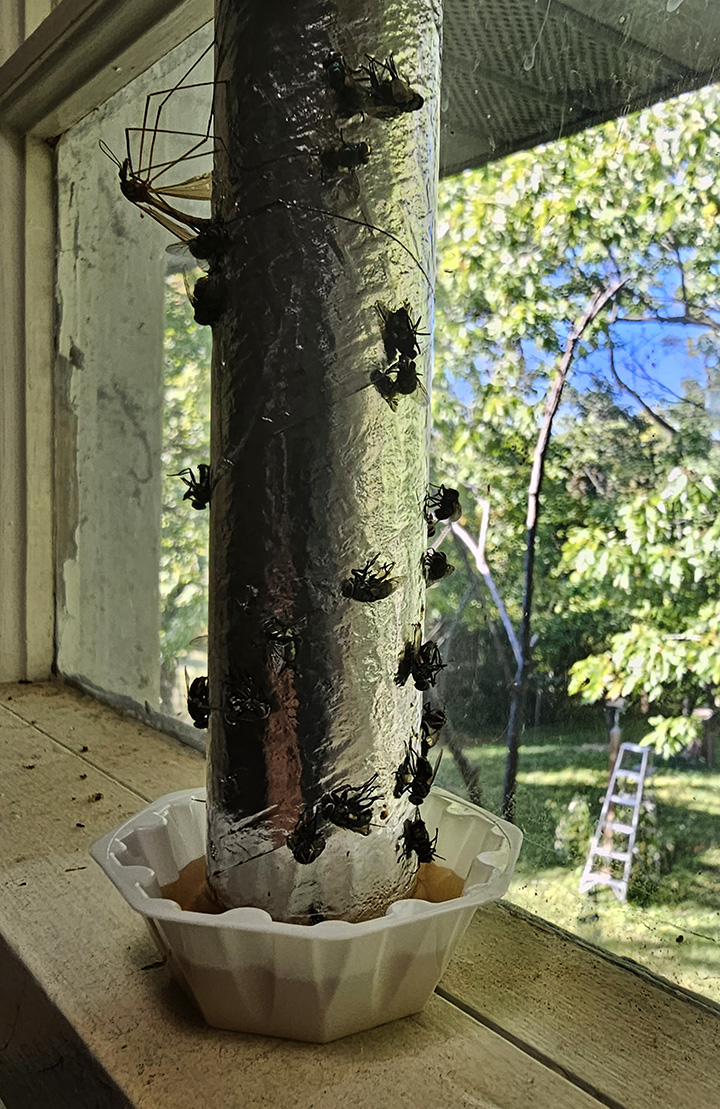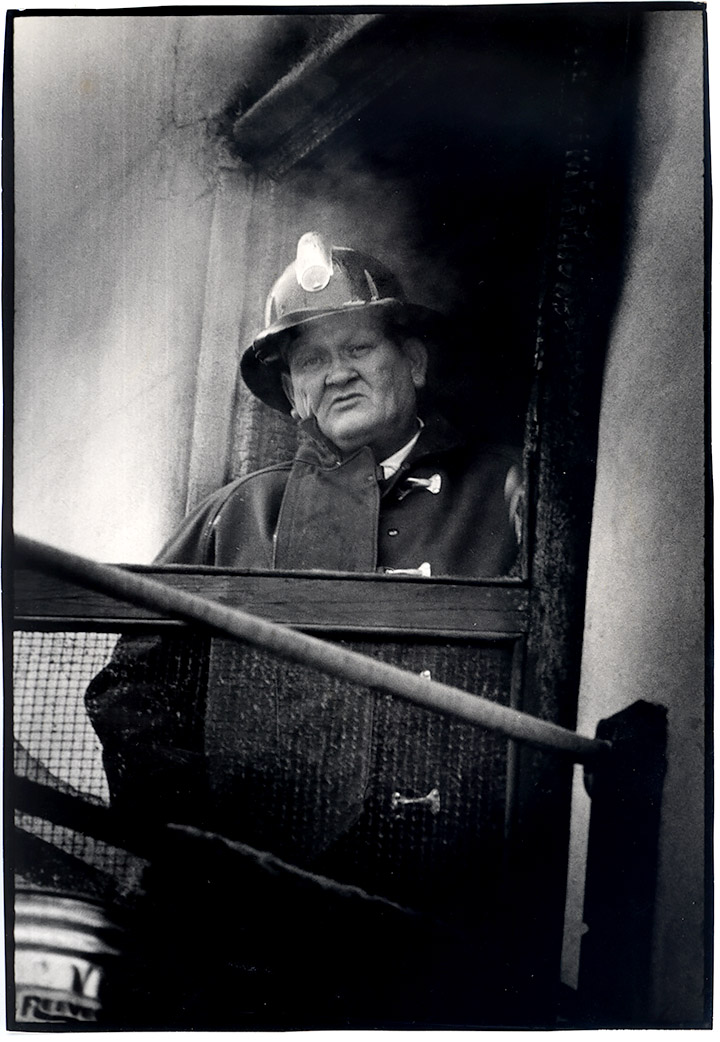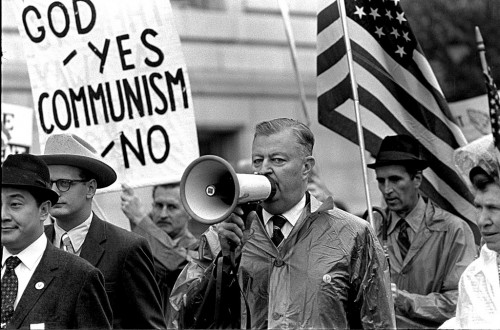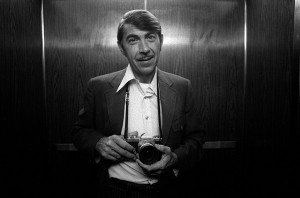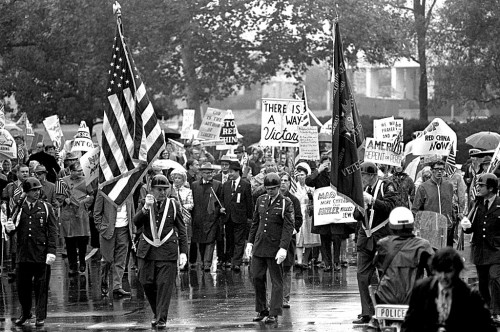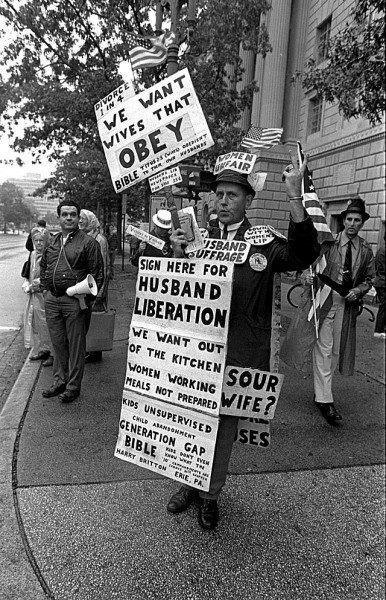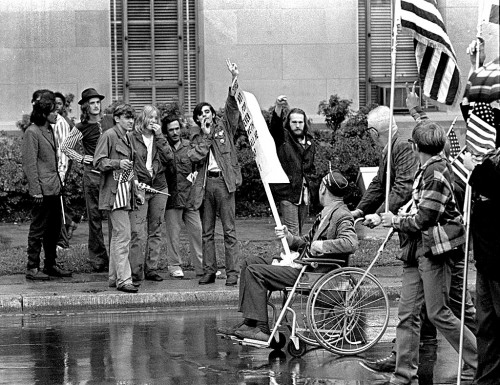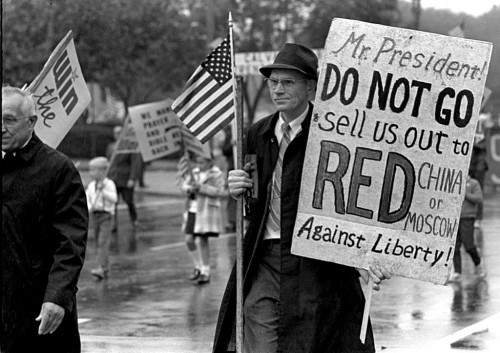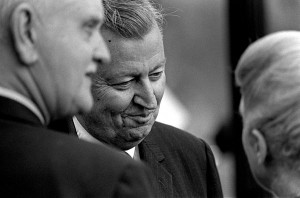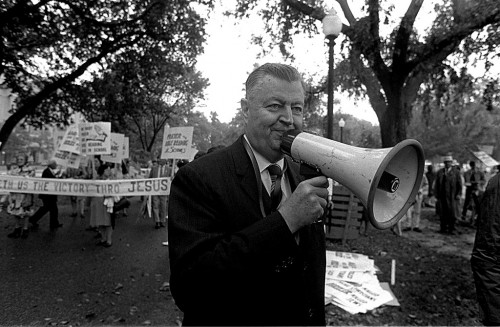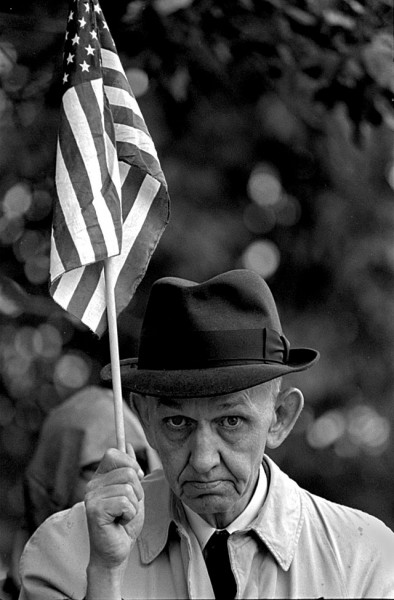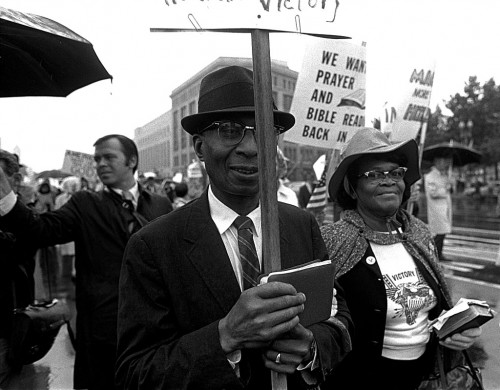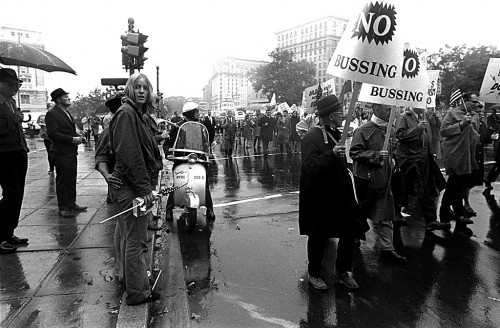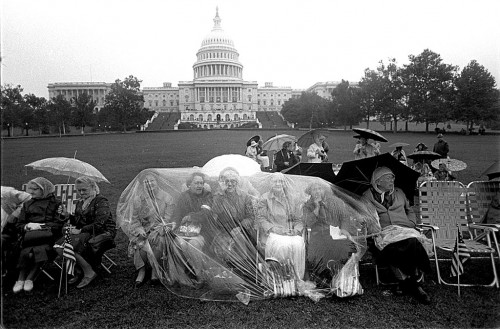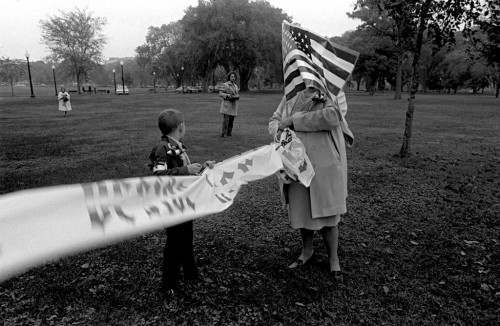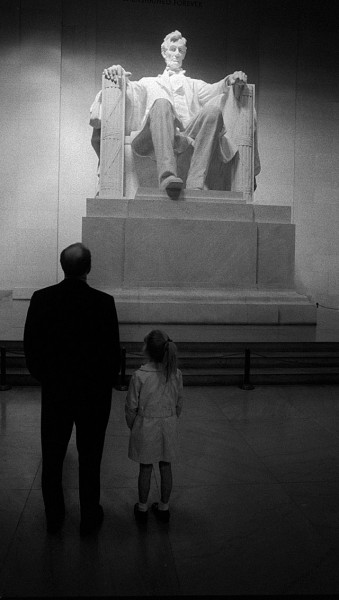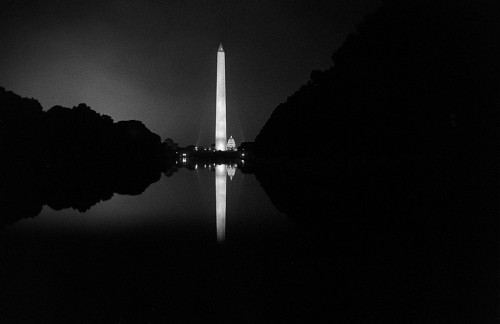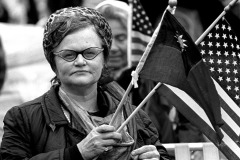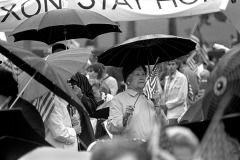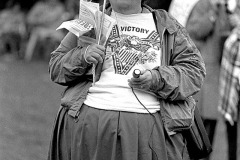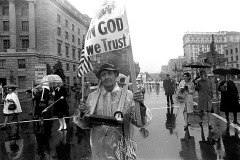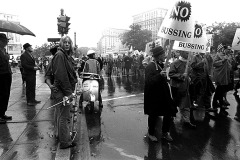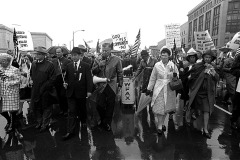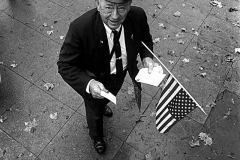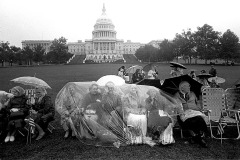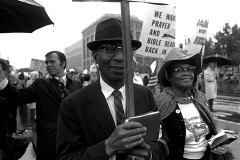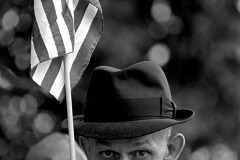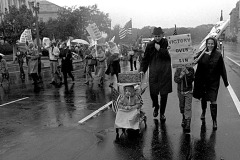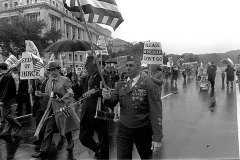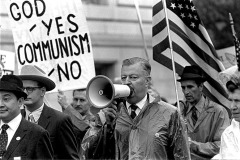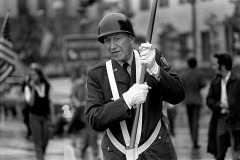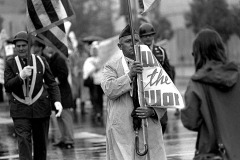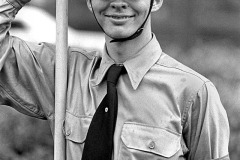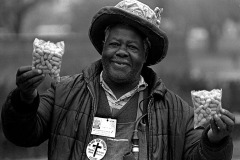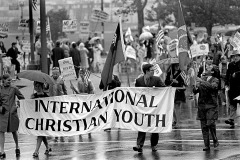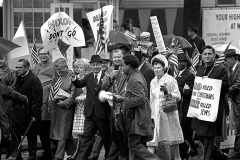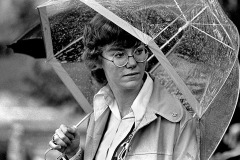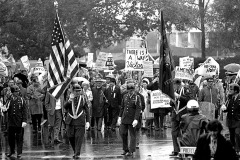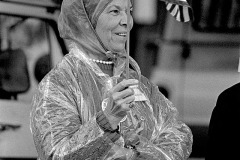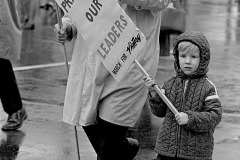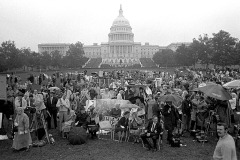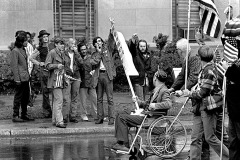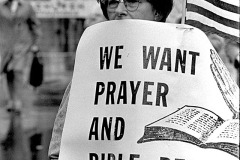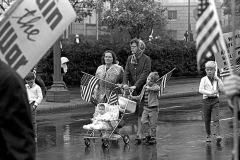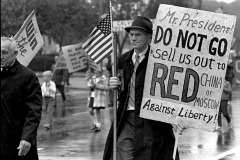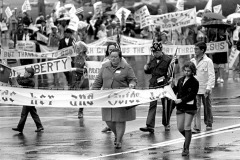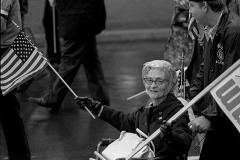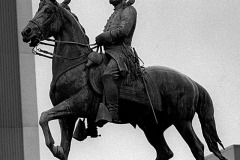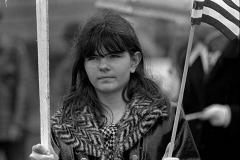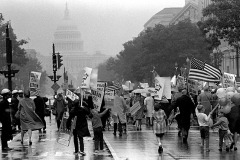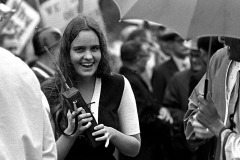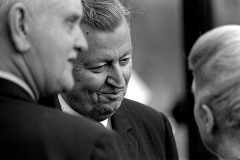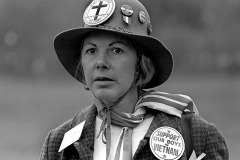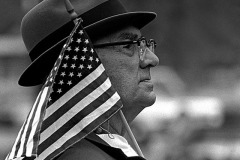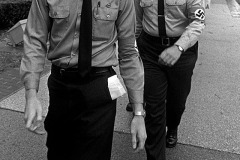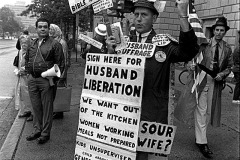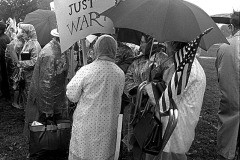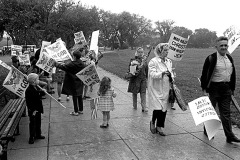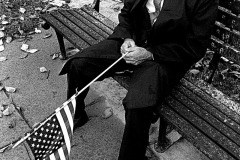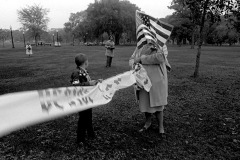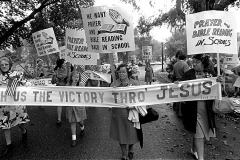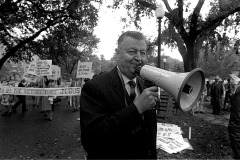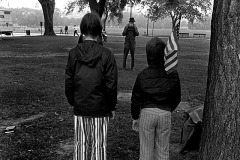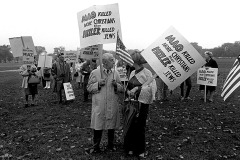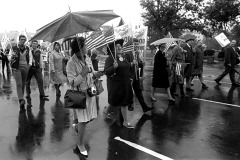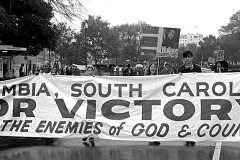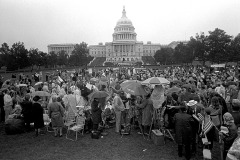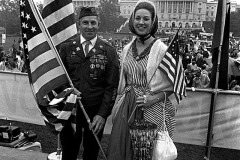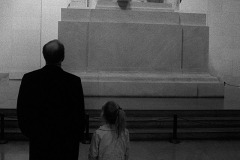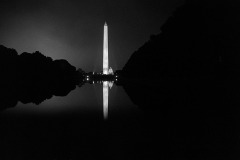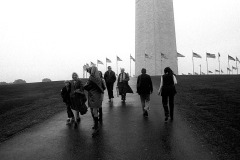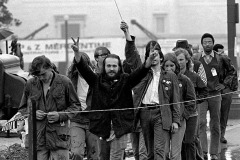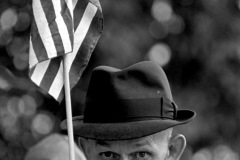When I was working at The Gastonia Gazette in North Carolina, I was a member of the rescue squad.
One of the dreaded calls was “Welfare check: neighbor reports flies on the window next door.” Too often, that meant someone was dead. Long, liquefied dead.
That was brought to mind when my Cape kitchen was suddenly full of houseflies the first time the weather turned cold. I found this sticky thing got rid of most of them in a few days before my neighbors dialed 9-1-1.
My days on the squad
I don’t want to exaggerate my contribution to the Gastonia Rescue and First Aid Squad, which was made up of volunteers, many of whom were “lintheads” who were looked down upon by the community’s movers and shakers – until they had a heart attack or piled up their car.
I got on because John Stepp, a Gastonia fire captain, and captain of the rescue squad, saw that I had PR value. He gave me permission to buy an ancient two-way radio to put in my car so I could know what they were working. They went on enough “good” calls that pictures of them made the paper almost every week.
Even though I had taken basic first aid training, my utility and level of expertise soon became clear. Because I was roaming all over the area, I was often first on the scene. I would radio in a situation report, then provide aid and comfort to the injured by hollering, “I hear ’em comin.’ I hear ’em comin.'”
John was a rough-and-tumble firefighter who was a natural leader of men. He was also like a second father to me.
Capt. Stepp explained Southern life to me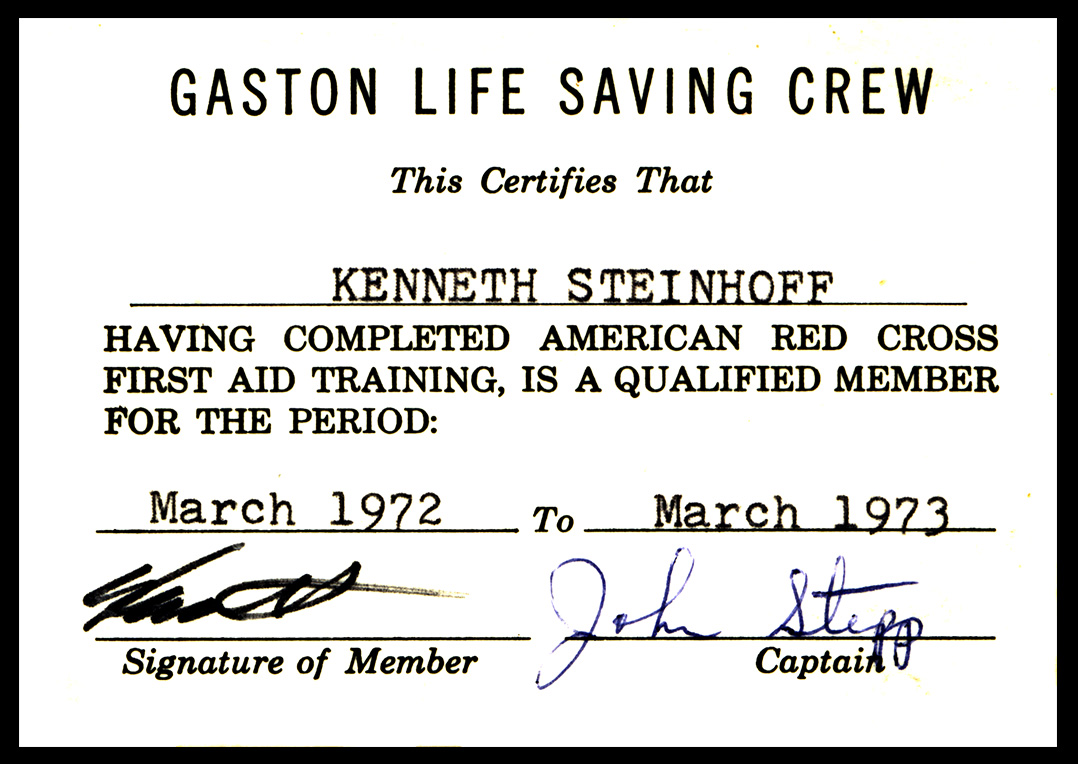
The crew was a United Way agency, so we had to appear before a board of suits to get our budget approved. Red King, a textile worker, was treasurer, if I remember correctly. I had been elected secretary, so the two of us, along with Stepp had to appear before the board.
The UW group asked poor Red all kinds of detailed questions that were designed to get him flustered – “Why do you need a telephone in the dormitory area?” for example.
Finally, I had enough. I told the suits that Red wasn’t the guy you would want doing your income taxes, but he’s definitely the one you wanted next to you if you suddenly clutched your chest and collapsed of a heart attack.
I turned to Stepp and suggested that our group go out into the hall for a conference.
“Let’s walk”
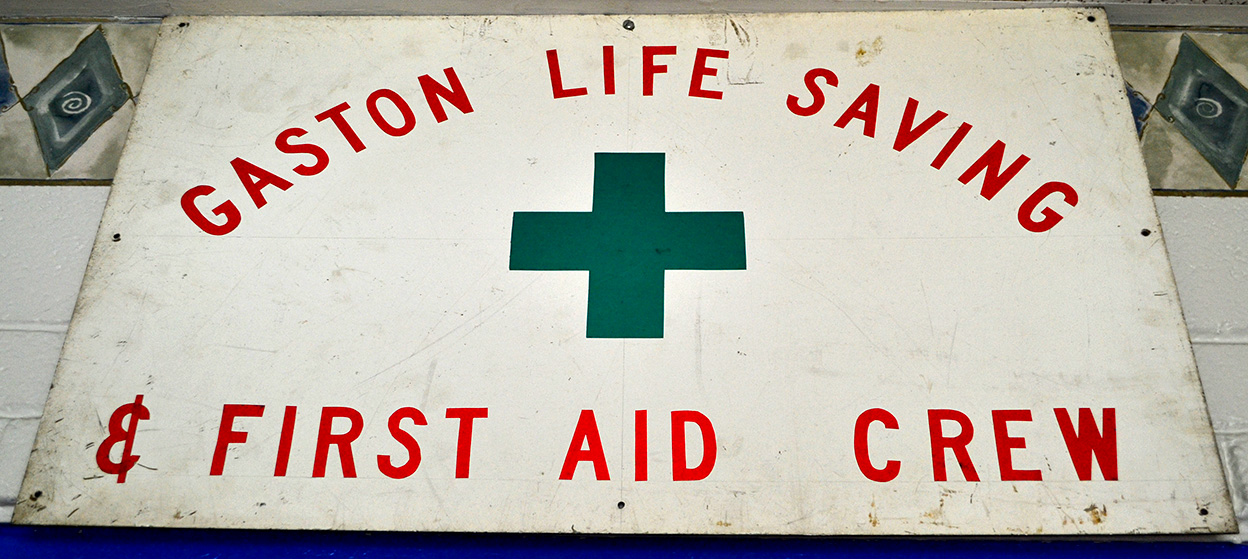
I told my fellow crewmen that we were the most popular agency under the UW umbrella. We could go alone, and probably make more money than what UW would give us.
Stepp calmed me down. “You don’t understand how things work down here. Those guys jerk us around to show who runs this county. They’re going to give us everything we ask for, like always. If we pull out, it’s going to hurt a lot of agencies that don’t have the public support we do. We’re going to go back in, let them strut and bluster, then they’ll approve our budget request.”
It happened just like he predicted, but I never supported United Way again.
They trusted me with a dead man
When things were slow at the paper, I’d hang around the crew hall answering the phones and playing dispatcher.
An unknown emergency at a construction site north of town came in, and two rigs went to check it out. I volunteered to stick around. I called the office and had Kermit Hull, another photographer, drift that way in case it turned out to be something newsworthy.
As soon as the crew arrived, they told me to jump in the rescue truck that had all the heavy equipment in it and come fast because a trench had collapsed, burying several men.
This was my first Code 3 (lights and siren) run. When I got about a quarter mile from the scene, I hit a traffic backup. Driving on the wrong side of the road was a new – and scary – experience for me. Fortunately, an 18-wheeler in the oncoming lane flashed his lights to let me know he was going to hold back the traffic.
As soon as I rolled up, they told me to hop in the back of an ambulance to feed oxygen to the first man they had recovered. In retrospect, I realize they had already determined that the man was dead, and there wasn’t much I could do to make his condition worse.
I was given the Goodbye to a Yankee Award
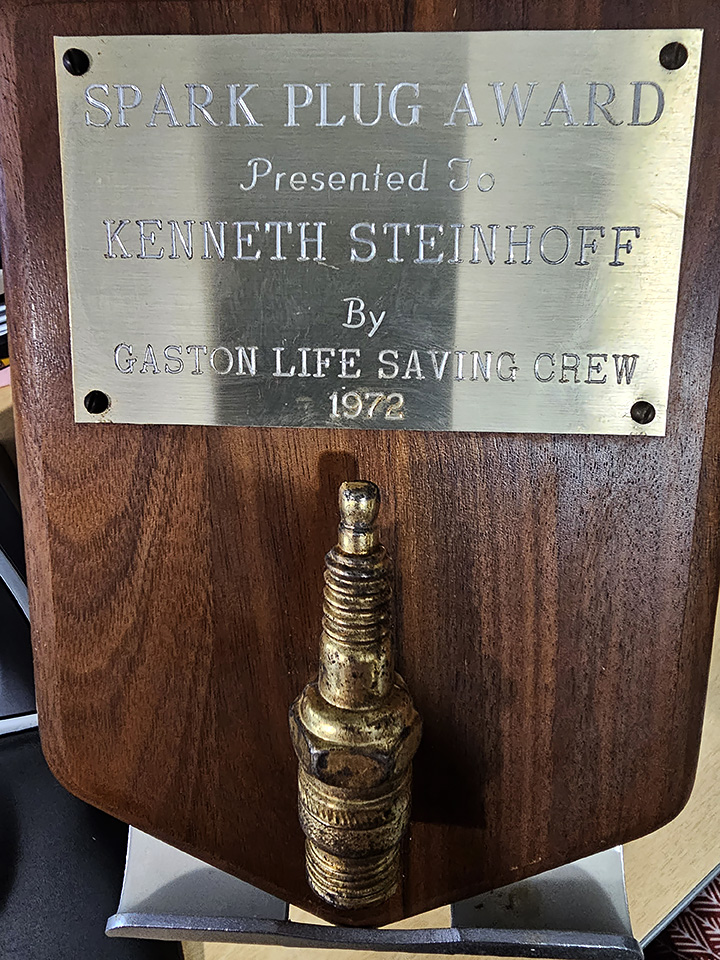
At the end of the year, after I had given notice to The Gazette that I was headed to The Palm Beach Post, the rescue squad held its annual banquet with lots of good-humored banter, and awards given to members for outstanding performance.
Much to my surprise, I was called forward to receive The Sparkplug Award, for my efforts at the trench cave-in.
I turned to Lila, who had only heard snatches of my exploits that day, and said, “They didn’t give me that for my heroics, it was their way of saying, ‘Thank goodness, we’re going to have one less Yankee in town.'”
